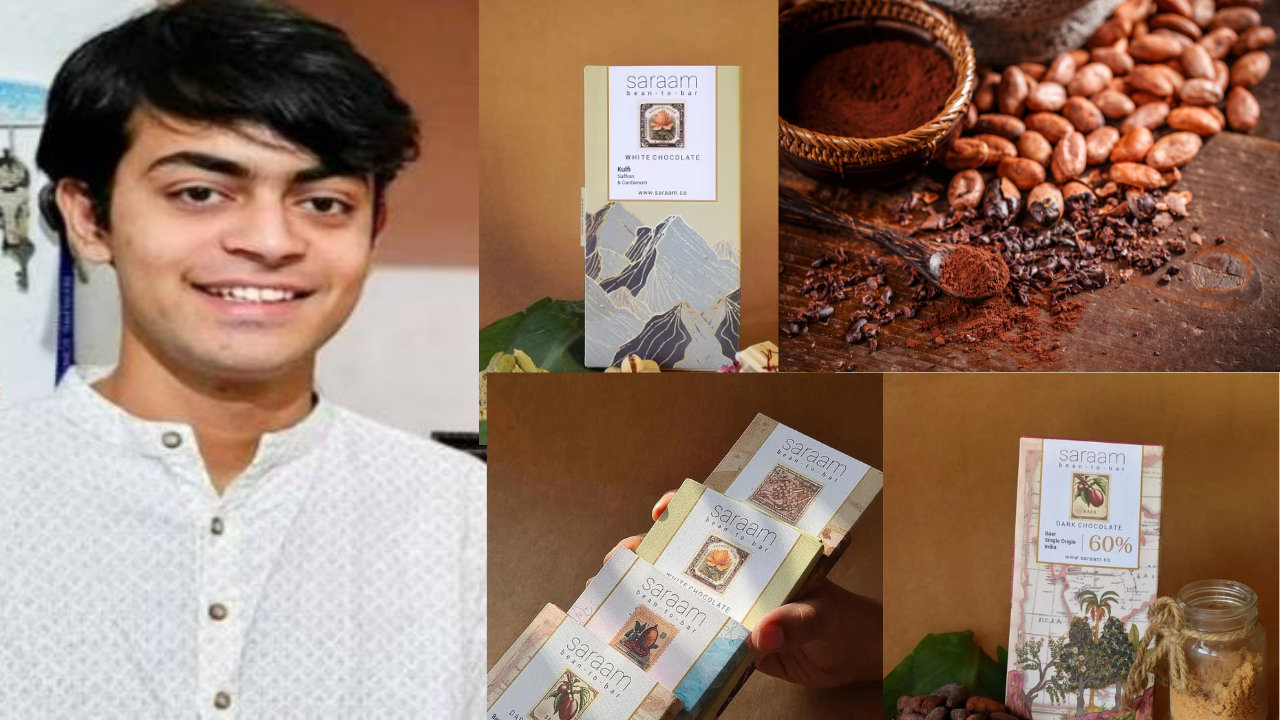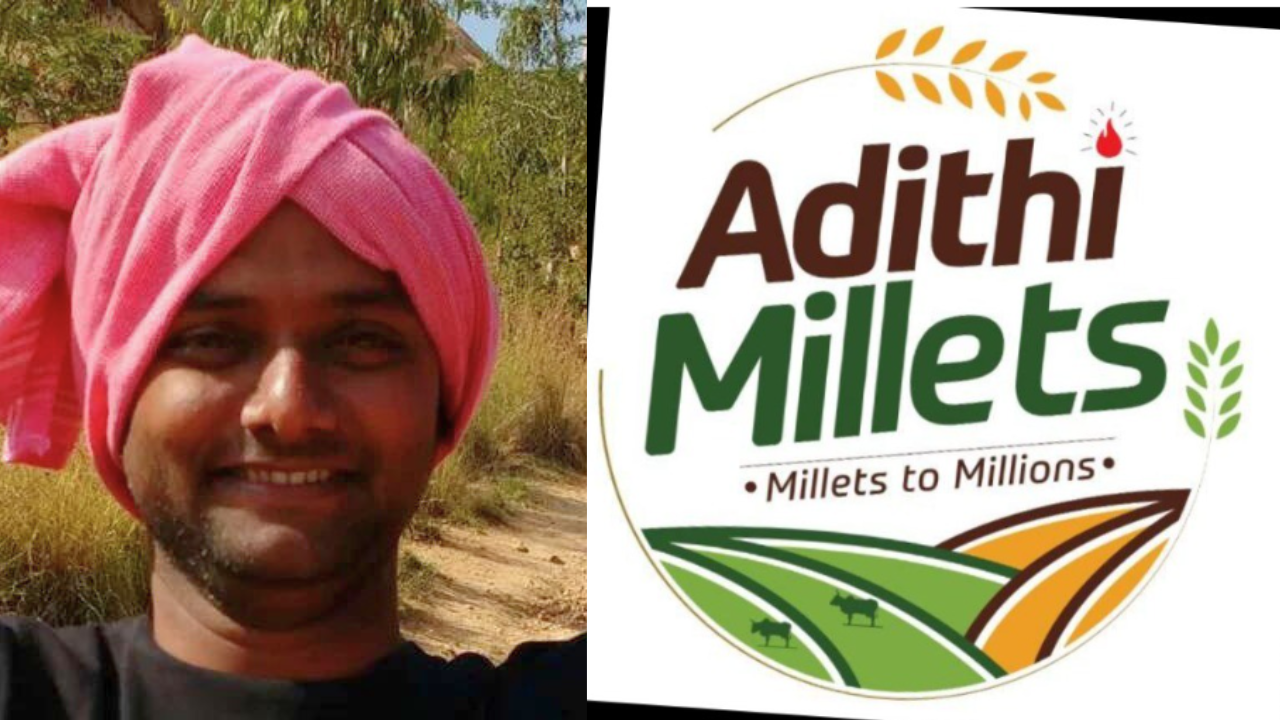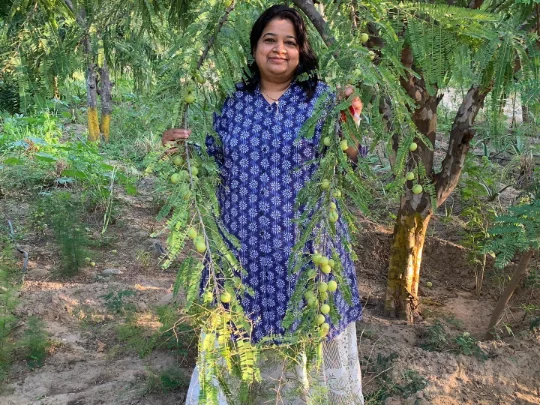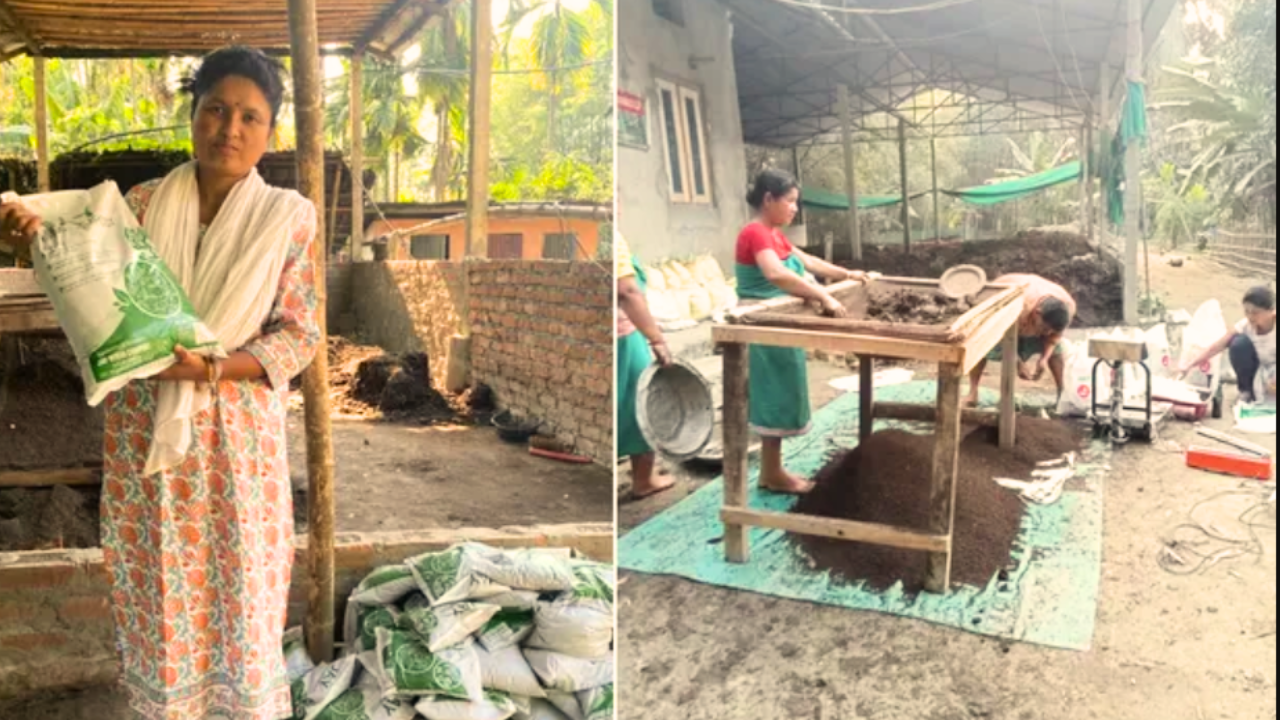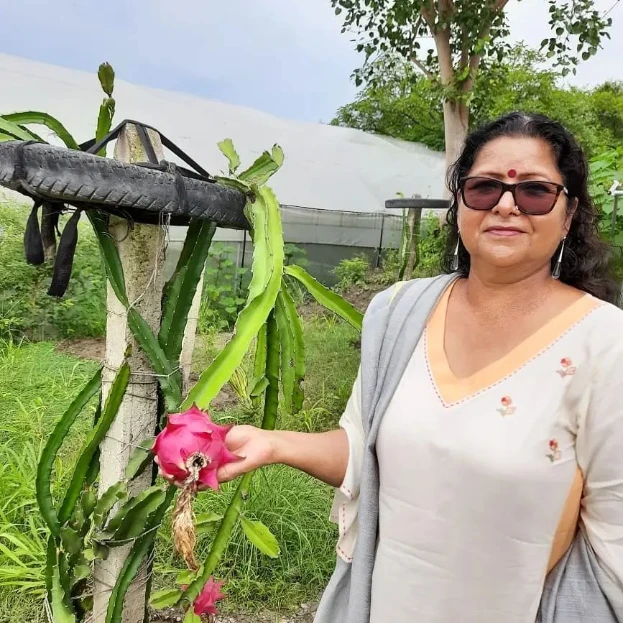Chethan Shetty made a significant shift from his prosperous eight-year corporate tenure to embrace farming on his ancestral land in Bellare village near Mangaluru. His agricultural pursuits encompass cultivating a variety of trees such as areca nut, pepper vines, nutmeg, coconut, rambutan, and mangosteen.
Transitioning from a fast-paced urban life and weekend socializing, Chethan Shetty, hailing from Karnataka, opted for the unhurried lifestyle of a rural setting. He abandoned his corporate occupation to pursue a life as a farmer.
When it became known that he had forsaken a profitable career to engage in crop cultivation, it elicited astonishment. Chethan Shetty recollects, “I faced queries from everyone, questioning the purpose of my return, expressing doubts about finding a suitable marriage proposal, and pondering the apparent waste of my life. Predictions were even made that I would return to the city within a year,” he shares.
Chethan reflects on the initial opposition he encountered: “My father was opposed to my decision, and my mother was equally skeptical. My friends were uncertain about where we would gather for weekend celebrations. Each individual had their own set of reservations,” he chuckles.
Nevertheless, detached from these concerns, the 35-year-old farmer is now living out his aspirations. In 2017, he relocated from Bengaluru to his ancestral residence in Bellare, situated 75 km away from Mangaluru city. He commenced cultivating exotic fruits such as banana, papaya, and grapefruit on his land.
Currently, the family-owned agricultural enterprise of Manjanna Shetty features a remarkable assortment of cultivated lands, encompassing over 2,500 areca nut trees, 800 pepper vines, 50 nutmeg trees, 300 coconut trees, 650 rambutan trees, upwards of 100 mangosteen trees, and 50 avocado plants.
Shifting from Corporate Employment to Fruit Farming
Chethan, a native of Mangaluru, reminisces about his childhood spent in Bellare village with his grandparents. The days were filled with mango picking, playing in paddy fields, and exploring the areca nut trees that enveloped their home.
“Mornings were dedicated to collecting mangoes, and afterward, we would head back home. Then, we’d head back to the farm, tending to our step farms and irrigating,” he recalls, reflecting on the captivating allure of farm life.
While confined to his corporate desk, these cherished memories surged back, highlighting an absence in Chethan’s life. The yearning to return to his roots persisted, coupled with a desire to determine his ability to follow in his grandfather’s footsteps as a farmer.
Hence, concurrently holding his corporate position, he initiated a mushroom cultivation endeavor within his compact rented apartment’s kitchen. “I used to load hay onto my Bullet motorbike, bring it back home, and then proceed with cutting and boiling the hay for sanitization.Following cooling, I’d pack the hay into bags to nurture mushrooms. Initially a hobby, it yielded well, and I began selling the produce in nearby establishments,” he recounts.
Concurrently, his exploratory initiatives led him to introduce turmeric to his ancestral land, resulting in a substantial yield of approximately 3,000 kg. This triumph instilled the confidence to diversify his crops.
Thus, after a span of two years experimenting, Chethan relinquished his eight-year-long corporate career and returned permanently to his place of origin.
Prepared with determination, he readied his ancestral 10-acre expanse, dug a novel borewell, and introduced an assortment of plantations. This included 550 rambutan plants, 50 mangosteen plants, 100 tender coconut plants, as well as a variety of vegetables such as ladyfinger, cucumber, long beans, radish, and leafy greens.
This venture required a substantial investment, with Chethan dedicating his entire savings of Rs 10 lakh. While awaiting the maturation and harvest of his plantations, he sustained the farm through the sales of intermediary crops such as bananas and areca nuts. Amongst his produce, rambutan emerged as the most lucrative, contributing significantly to his income. “The proceeds from rambutan sales contributed to constructing a dwelling in the village,” Chethan proudly declares.
However, the journey was not without its challenges. Operational expenses, often underestimated in the farming equation, posed a hurdle. Chethan emphasizes, “We tend to focus on the initial investment while setting up the farm, overlooking ongoing operational costs. Allocating Rs 10 lakh for establishment necessitates an equivalent amount to maintain the farm until it yields.”
Considering the dearth of available laborers in the region, Chethan, assisted by his family, personally undertakes tasks ranging from harvesting to packaging. On occasion, he even shoulders the transportation duties, loading and unloading boxes onto trains and buses.
His farm-fresh produce finds its way to wholesalers and retailers across prominent cities in India, including Bengaluru, Mumbai, Pune, Delhi, Amritsar, and Hyderabad. In the past year, his sales amounted to $18,000, driven by nearly 5,200 kg of produce. “It’s not solely about financial gains. True satisfaction stems from embracing one’s chosen vocation. I am content now, all thanks to the decision I made a few years ago,” Chethan affirms with a sense of fulfillment.
Embracing Rural Simplicity: Reviving Ancestral Land through Personal Effort
Diverging from his father Devadas Shetty’s path, Chethan opted for a government job to avoid the laborious life his grandfather led on their family land. Although Devadas Shetty monitored the areca nut plantation on their ancestral property twice a week, he never regarded it as the primary income source.
He initially anticipated his son would pursue a career as an aircraft engineer, an IAS officer, or a software engineer. However, when Chethan decided to become a farmer, his father harbored doubts about this choice. “I used to be hesitant to tell people about my son’s activities. He relinquished urban comforts to return to the village and work the land. It didn’t feel right,” states the 63-year-old.
“Over time, that sentiment has faded. Many parents have their children employed in distant cities or even overseas. Such offspring rarely reside with their parents. Conversely, our son is constantly present due to his chosen vocation. Observing him toil on the farm now brings me joy,” he shares.
Meanwhile, Chethan attests that he doesn’t yearn for city life. “The rapid pace of city living can easily lead to frustration. In our current setting, the need to prove ourselves diminishes. Contentment accompanies my current lifestyle. Meals are punctual, sourced from the crops I cultivate,” he explains.
“I am an individual who discovers comfort in nature, particularly when it rains. We no longer need to spend on resort stays; every day feels like a retreat,” he remarks. He adds that his routine now commences and concludes with managing the water pump, rather than a laptop!


